Nick Castellanos, the Philadelphia Phillies’ right fielder, has never been a stranger to headlines, but his recent decision during a critical series against the Atlanta Braves has set off a whirlwind of reactions among fans and analysts alike. While the specifics of the incident have become a focal point, it is the ripple effect of his choice—on the field, in the stands, and across social media—that has truly captivated the baseball world.
During a high-stakes game between the Phillies and the Braves, Castellanos made a decision that many have described as “shocking.” With the Phillies down by a run and a crucial at-bat looming, Castellanos faced a situation where the pressure was palpable. Instead of playing it safe or sticking to conventional wisdom, Castellanos took a calculated risk that ended up costing the Phillies the game. While the exact details of the play are subject to interpretation—some blame an ill-advised swing, others point to a miscommunication with the coaching staff—the outcome was indisputable: the Braves capitalized, and the Phillies lost a game that could have been theirs.
The reaction among Phillies fans was immediate and intense. Social media platforms lit up with a mix of anger, frustration, and disbelief. Many fans felt betrayed by Castellanos, who they believed had made a reckless decision at a crucial moment. “How could he do that?” and “We had the game in our hands!” were common refrains on Twitter and other platforms. Some went as far as to suggest that Castellanos should be benched or traded, though such extreme reactions are not uncommon in the heat of the moment.
However, not all the reactions were negative. A significant portion of the fan base defended Castellanos, pointing to his track record as a clutch performer and his competitive spirit. “He’s the kind of player who goes for the win,” one fan commented on a popular Phillies forum. “You can’t blame him for trying to make something happen.” This divide in the fanbase highlights the complexities of sports fandom, where loyalty, emotion, and analysis often clash.
While Phillies fans were embroiled in debate, Braves fans were jubilant. Castellanos’ misstep was seen as a gift, an opportunity seized by a team that has been a perennial contender in the National League. “Thank you, Castellanos!” one Braves fan tweeted, encapsulating the sentiment of a fanbase that has grown accustomed to capitalizing on their opponents’ mistakes.
The Braves’ players and coaching staff, while careful not to gloat, acknowledged that Castellanos’ decision played a significant role in their victory. “We were ready for anything,” one Braves player said in a post-game interview. “But yeah, when he made that move, we knew we had a chance to take the game.”
Sports analysts and commentators have had a field day dissecting Castellanos’ decision. On ESPN, former players and coaches debated whether the decision was a momentary lapse in judgment or a symptom of a larger issue within the Phillies organization. Some analysts argued that Castellanos, known for his aggressive style of play, was simply being true to his nature. Others suggested that the Phillies’ coaching staff should have been more involved in guiding him through that critical at-bat.
On talk radio, the incident became fodder for endless discussion. Philadelphia’s sports radio stations, known for their passionate and often hyperbolic takes, were inundated with callers who either vilified or vindicated Castellanos. One popular host summed up the situation by saying, “This is Philadelphia. We love our heroes, but we don’t forget our villains. Right now, Castellanos is walking a fine line between the two.”
Castellanos’ decision, and the ensuing fallout, speaks to a broader theme in sports: the thin line between heroism and infamy. In baseball, where every pitch, every swing, and every decision is scrutinized, the pressure on players is immense. Castellanos, like many athletes, operates in a world where split-second decisions can define careers.
For the Phillies, the loss to the Braves could have significant implications for their season. In a tight division race, every game matters, and a loss like this one could haunt them in the standings. The team’s leadership will need to address not only the tactical aspects of the game but also the psychological impact on Castellanos and his teammates.
As the dust settles, the focus will inevitably shift to what comes next for Castellanos and the Phillies. For Castellanos, the immediate task will be to move past the incident and continue to perform at a high level. Whether he is able to do so could determine not only the Phillies’ fate but also how he is remembered by the fans.
The Phillies’ coaching staff will also need to evaluate how they handle similar situations in the future. Should they take a more hands-on approach with players like Castellanos, or do they trust their instincts and let them play their game? These are the questions that will linger as the season progresses.
Nick Castellanos’ shocking decision against the Braves has stirred emotions across the baseball world, highlighting the unpredictable nature of sports and the intense scrutiny that players face. While fans and analysts continue to debate the merits of his choice, one thing is clear: this incident will be remembered as a defining moment in Castellanos’ career and the Phillies’ season. Whether it becomes a footnote in a successful campaign or a turning point for the worse remains to be seen, but for now, it is a reminder of the fine margins that separate triumph from disaster in the world of professional sports.


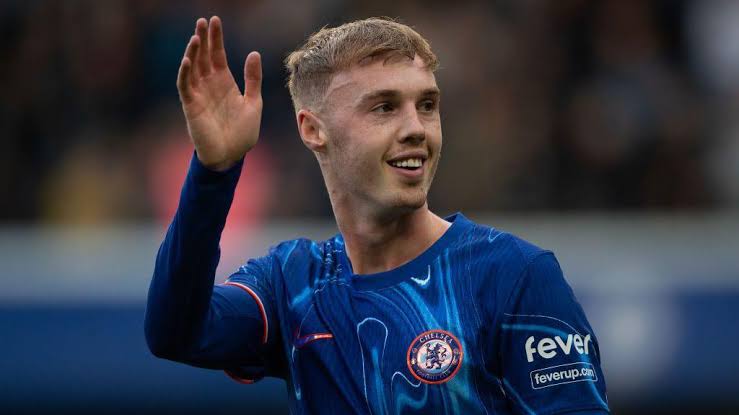
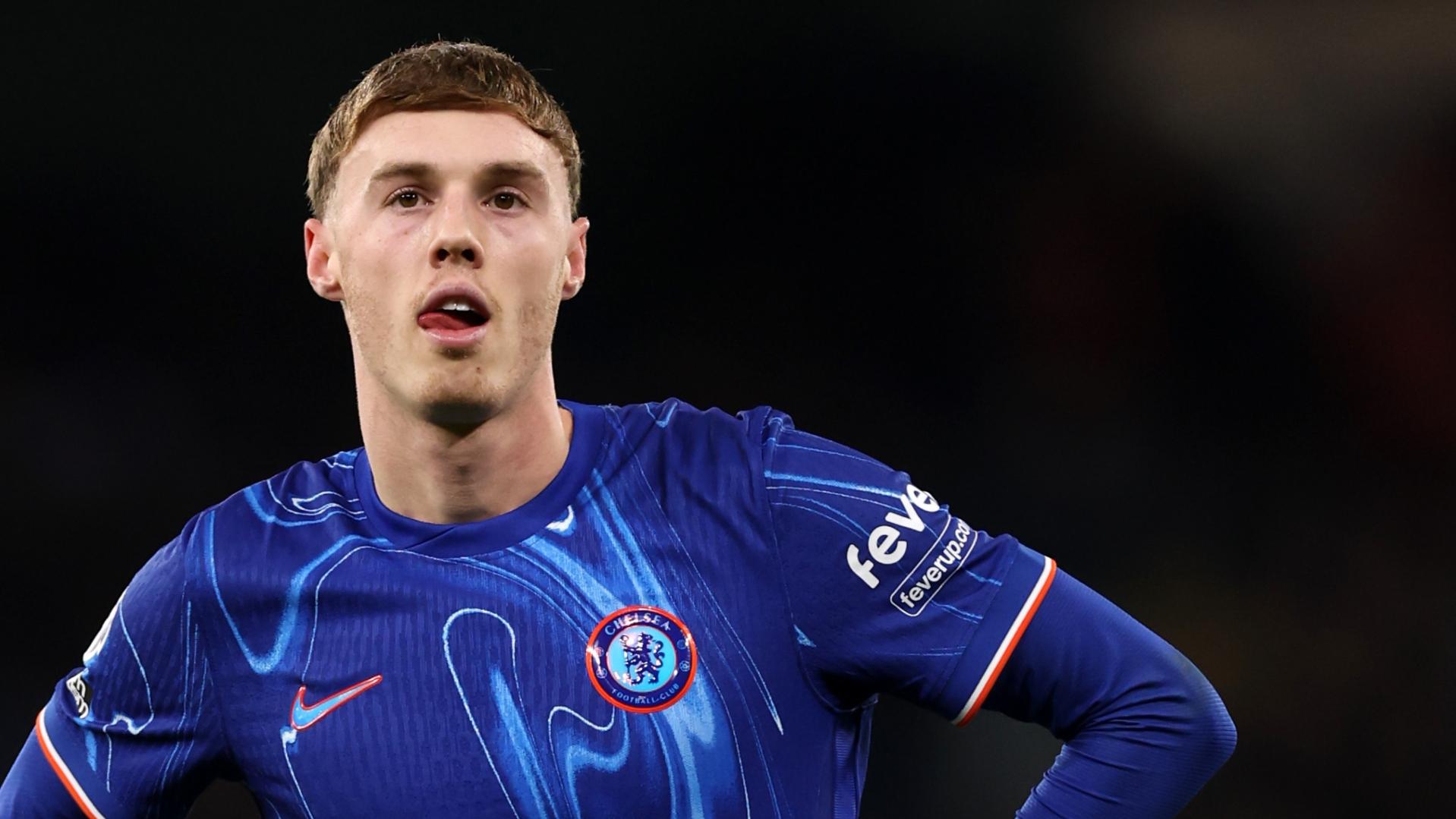
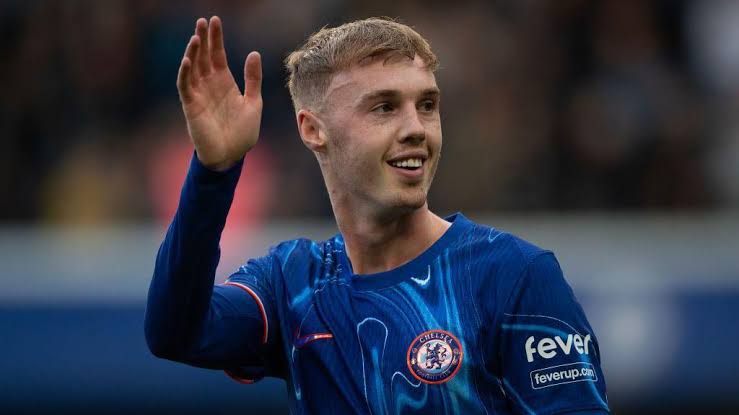

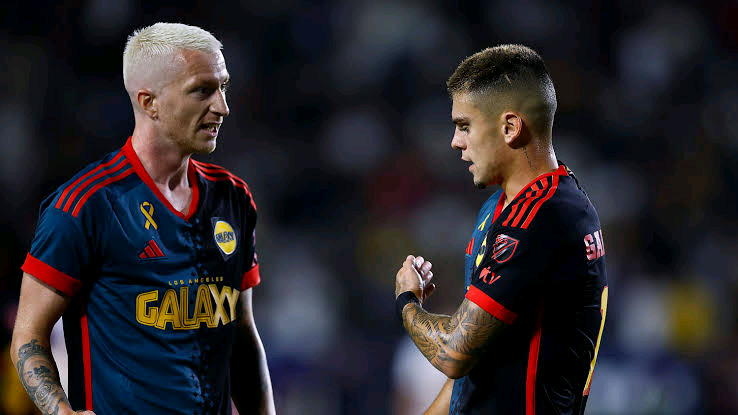
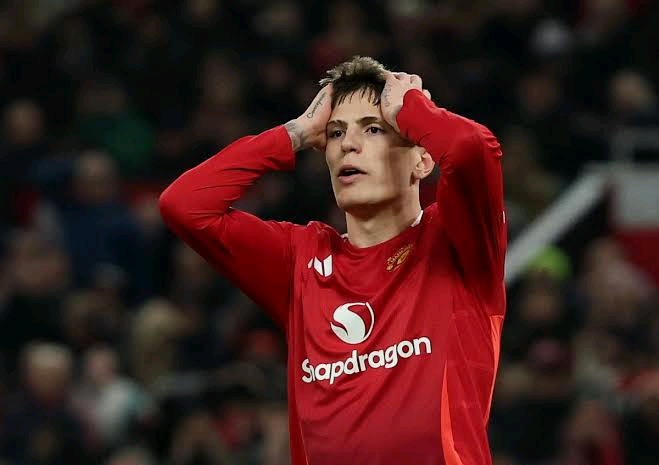
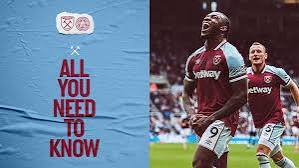

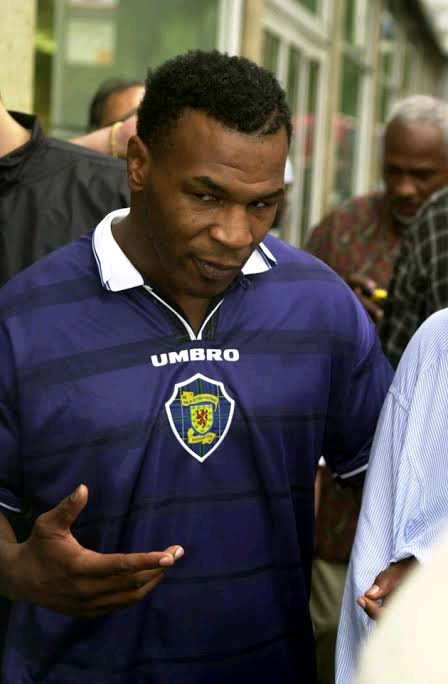

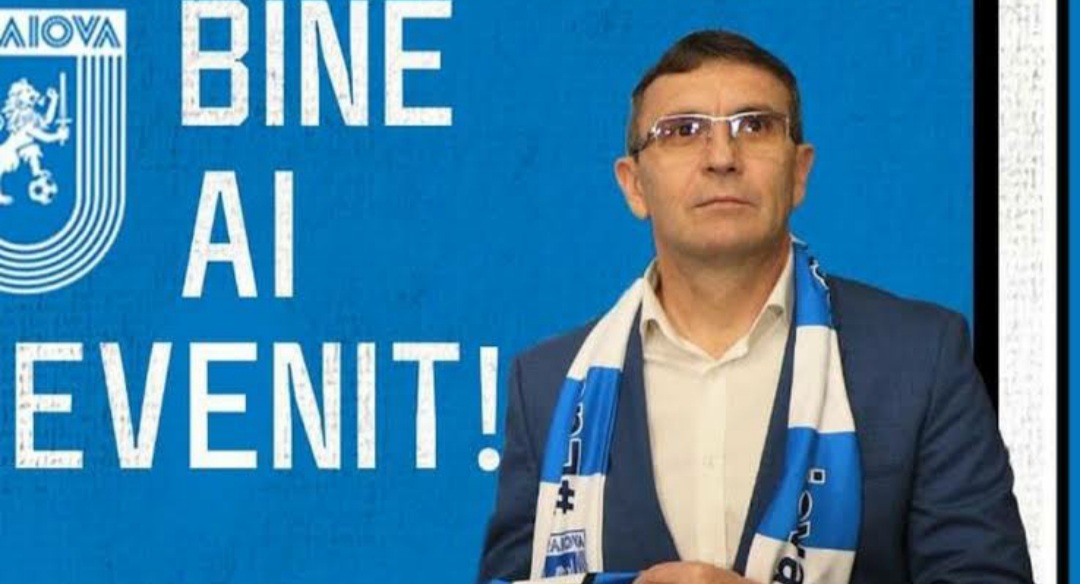

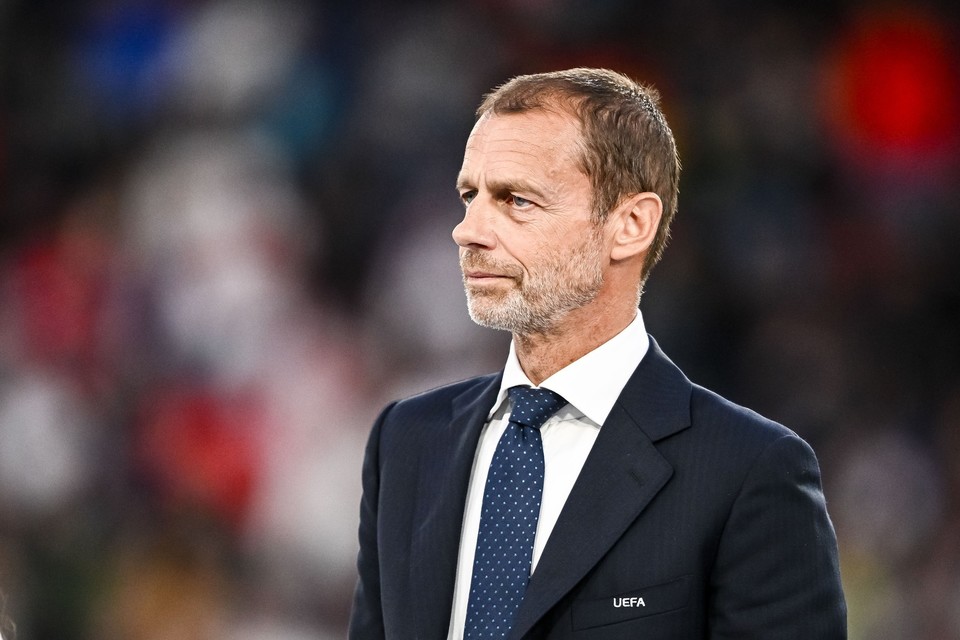
Leave a Reply